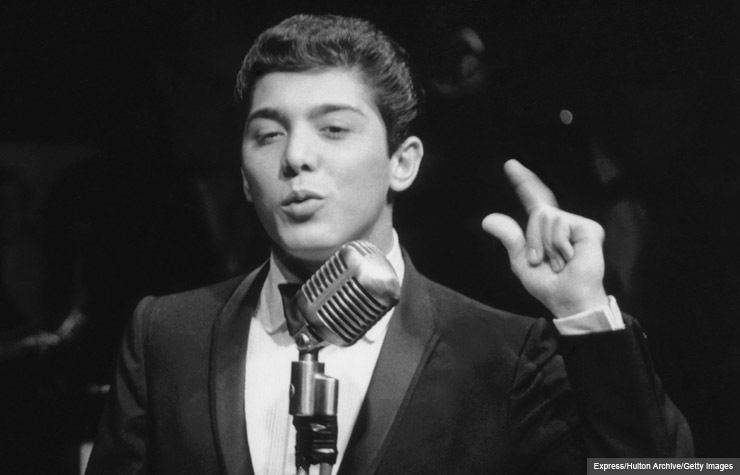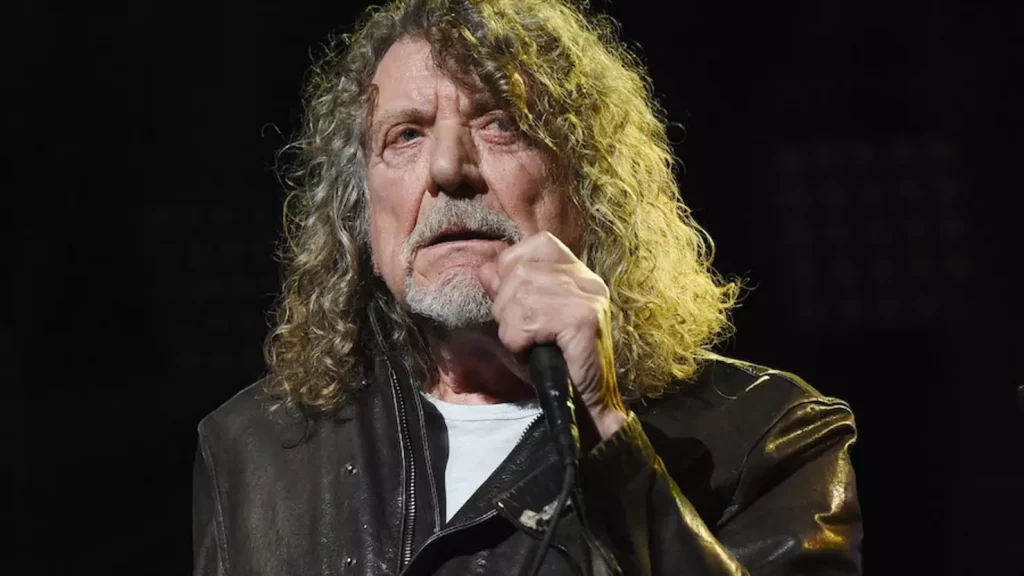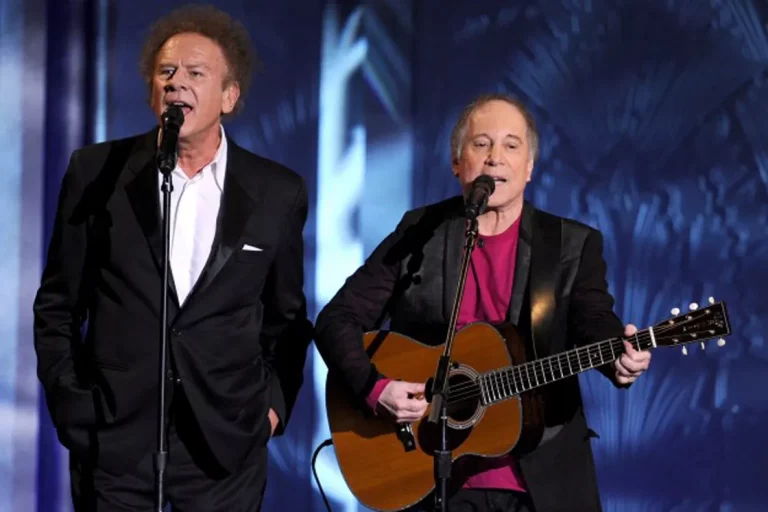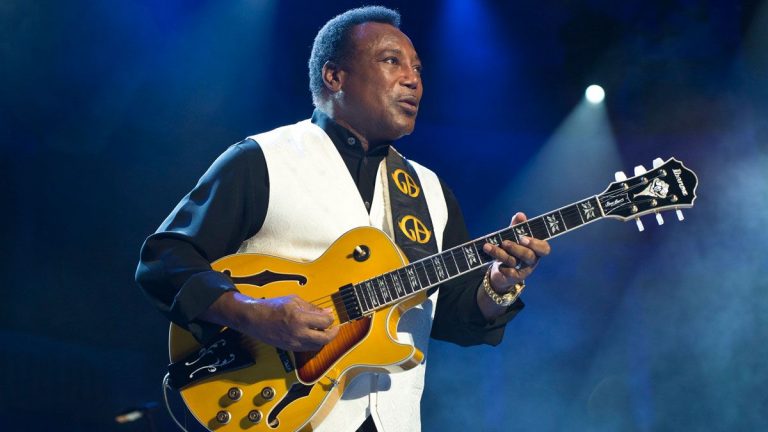In the early 1960s, few voices captured the tender innocence of young love like Paul Anka’s. Among his many timeless hits, “Put Your Head On My Shoulder” remains one of the most enduring. Written and first released in 1959, the song quickly became an anthem for teenage romance, embodying the sweetness, vulnerability, and magic of that era.
But to truly feel the depth of this classic, one only has to revisit Paul Anka’s live performance in 1962. With nothing more than his velvety voice, a graceful stage presence, and the gentle sway of the band behind him, Anka transported audiences into a moment of pure intimacy. His performance wasn’t about flashy theatrics or overwhelming arrangements—it was about connection.
The live rendition reveals something special that goes beyond the studio version: the raw sincerity in Anka’s voice. Each lyric feels personal, as though he is singing directly to someone in the crowd. The way he lingers on lines like “Hold me in your arms, baby” carries a sense of yearning and authenticity that has allowed the song to transcend generations.
By 1962, Paul Anka had already established himself as a teenage heartthrob and one of the most important singer-songwriters of his time. Songs like “Diana”, “Lonely Boy”, and “Put Your Head On My Shoulder” didn’t just climb the charts—they helped define the romantic soundtrack of the late ’50s and early ’60s. Watching him perform this song live gives us a glimpse into why he was so adored: a mixture of charm, vulnerability, and undeniable talent.
Even today, over six decades later, “Put Your Head On My Shoulder” continues to resonate. It’s been rediscovered by younger audiences through films, TV shows, and even viral moments on social media. Yet nothing captures its original magic quite like Paul Anka’s 1962 performance—a timeless reminder that music, at its best, speaks straight to the heart.










